“Peepo….peepo…” how many times have you said that to a baby in a high pitched voice and thought, why do they get so much enjoyment out of it? On the other hand, how many times have you found yourself trying desperately to console an inconsolable friend’s baby whilst they have popped out of the room to make a cup of tea? When the friend returns their baby stops crying immediately? All your efforts are shoved right back in your face! If you have ever experienced either of these, you are socializing with some well-rounded and securely attached babies.
The forming of the early attachment bonds between baby and key caregiver (usually mother) are foundational in a baby’s understanding of permanence and trust. To a young baby when they cannot see their mother they do not yet understand that she still exists. Mother translates as “I’m safe” and so no mother translates as “I’m not safe”. I’m not safe means I need to get help and thus the baby cries (so far, its only way of communicating). But, why, when you give a crying baby all the fuss you can muster, will only mum do? If you’ve read any of my other blogs, you will have heard me say before that we are built for relationships (so, therefore, don’t give up – a baby also needs to learn that other adults are ok too). However, our very first connection is with our mother…the umbilical cord. From day dot the baby is building an attachment with its mother. When baby is born, if mum is able to continue to be available and loving and the child feels worthy of the love, a secure attachment is developed.
Until baby grows to understand that firstly, it is a separate being from its mother, and then that other adults can help too, mum (or the key caregiver) is the only one who will be able to soothe the baby. So, does that mean mum can never leave the baby? No. Over time, with a secure attachment, baby grows to understand that mum is available, but also that she is still available even if the baby can’t see her. And, this is where the game peepo or hide-and-seek, becomes so incredibly valuable in a child’s understanding of object permanence and trust.
When mum hides her face behind her hands baby can’t see it. For a split second, baby might feel uneasy, but then, all of a sudden, mum reappears with a friendly “peepo”. Baby smiles or laughs with pleasure at being reunited. As this pattern is repeated, baby starts to learn that when he can’t see mum, she still exists and will return. I’ve often wondered if this is why babies enjoy playing on a swing so much…it’s the same sort of idea; leaving and being reunited. Just a thought!
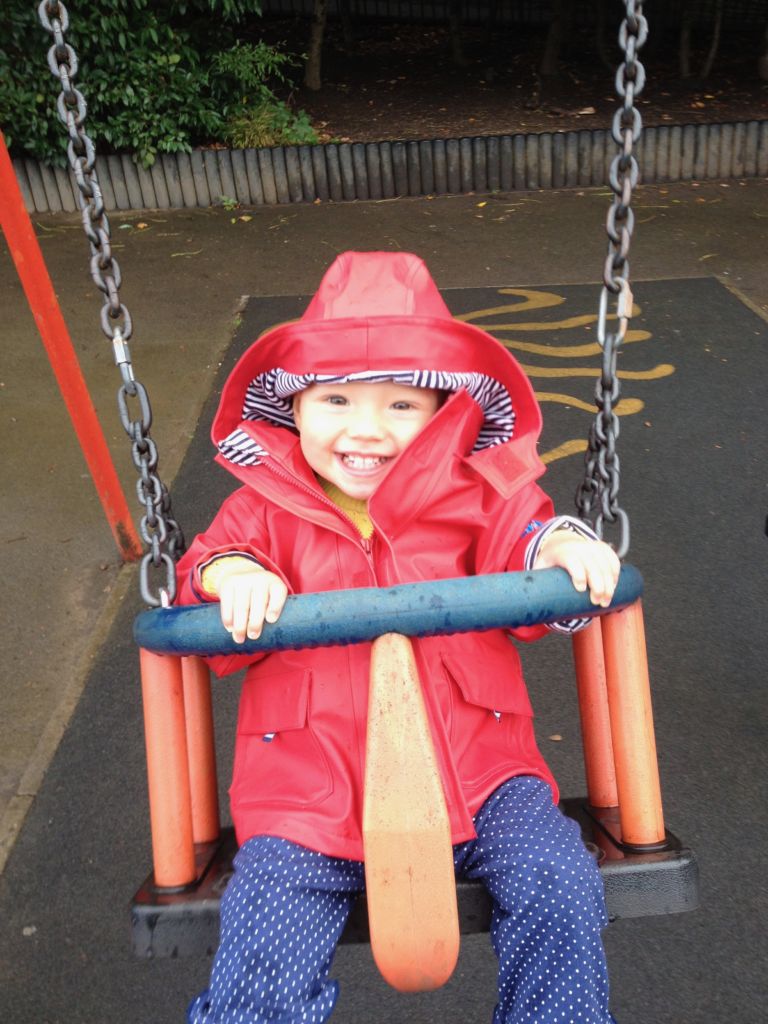
As a play therapist, a game I observe a lot in the early stages of the therapy process is hide-and-seek. This might be the child hiding themselves or objects for me to find around the room or buried in the sand. As I hunt I explore what the child wants from me as seeker… “I wonder if Tom wants to be found today”, “I notice he’s making some noise, so I think he’d like me to find him”… “I wonder what will happen if I don’t find all the animals in the sand tray? Will Tom help me or must I find them myself?” All these wonderings help the child explore whether or not they can trust me to find them and helps me understand how they value themselves as an individual. A lot of the children that have play therapy don’t feel they are worth being found. Therefore, they may make it very obvious where they are (ambivalent) or they may make the therapist work very hard (avoidant). This depends on their own individual attachment style. Nonetheless, they are asking the same questions as the baby. Will she come back? Can I trust her?
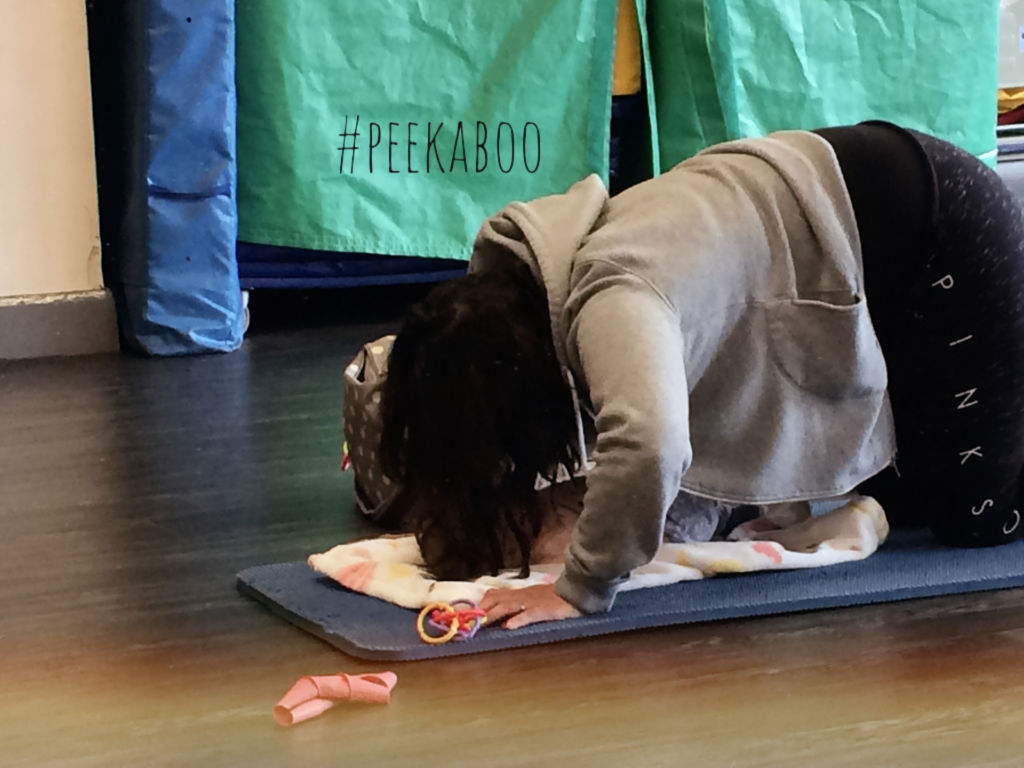
Bumpino mummies playing peepo whilst exercising! 
Bumpino mummies playing peepo whilst exercising!
So, next time you are faced with the question… “mum can we play hide-and-seek”, think about all the wonderful benefits for your child wrapped up in this simple game. It doesn’t involve a computer, lots of equipment or have any monetary value. What it does involve is a willing caregiver to show the child they are worth being found and they can trust the caregiver to find them.
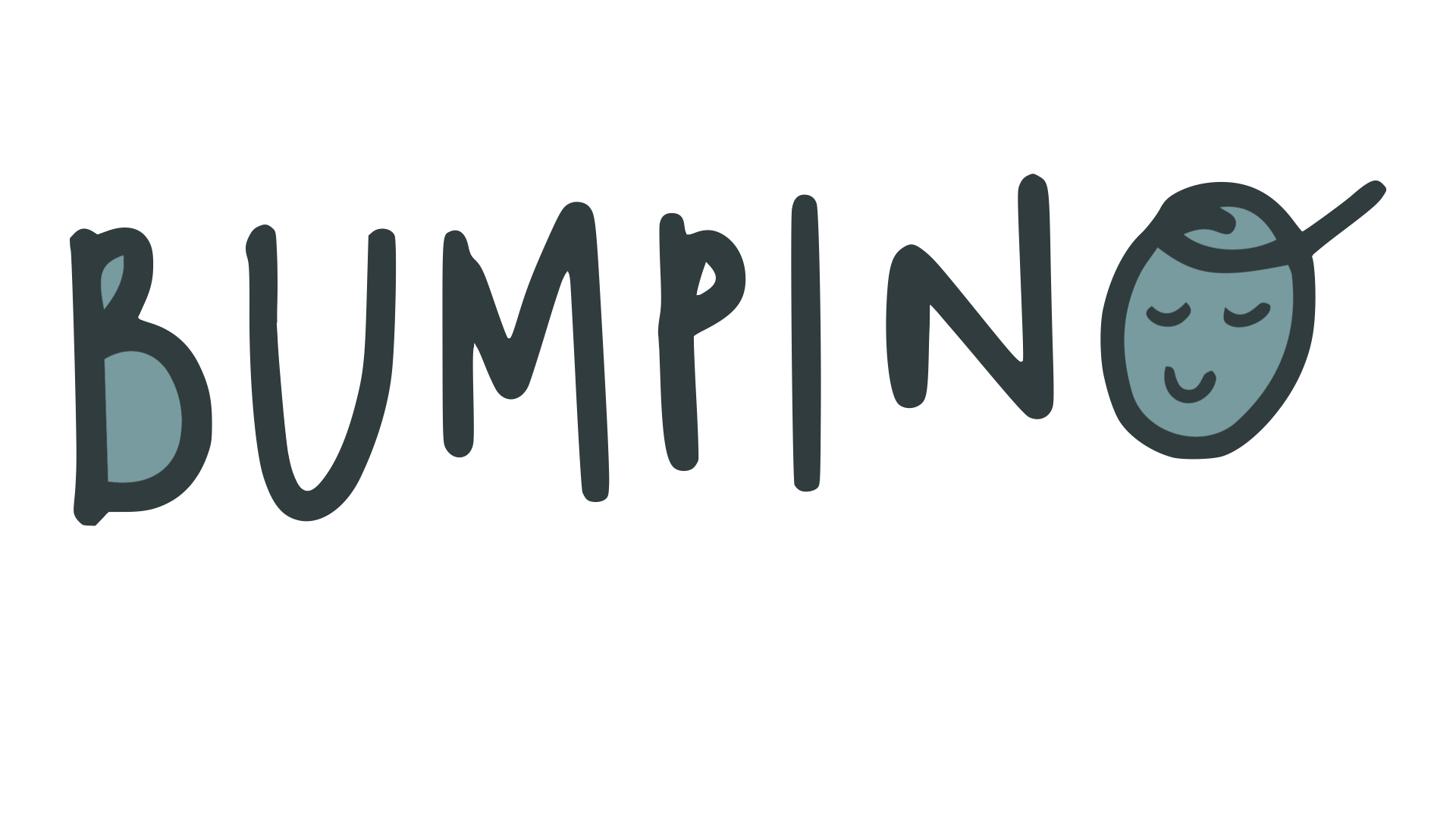
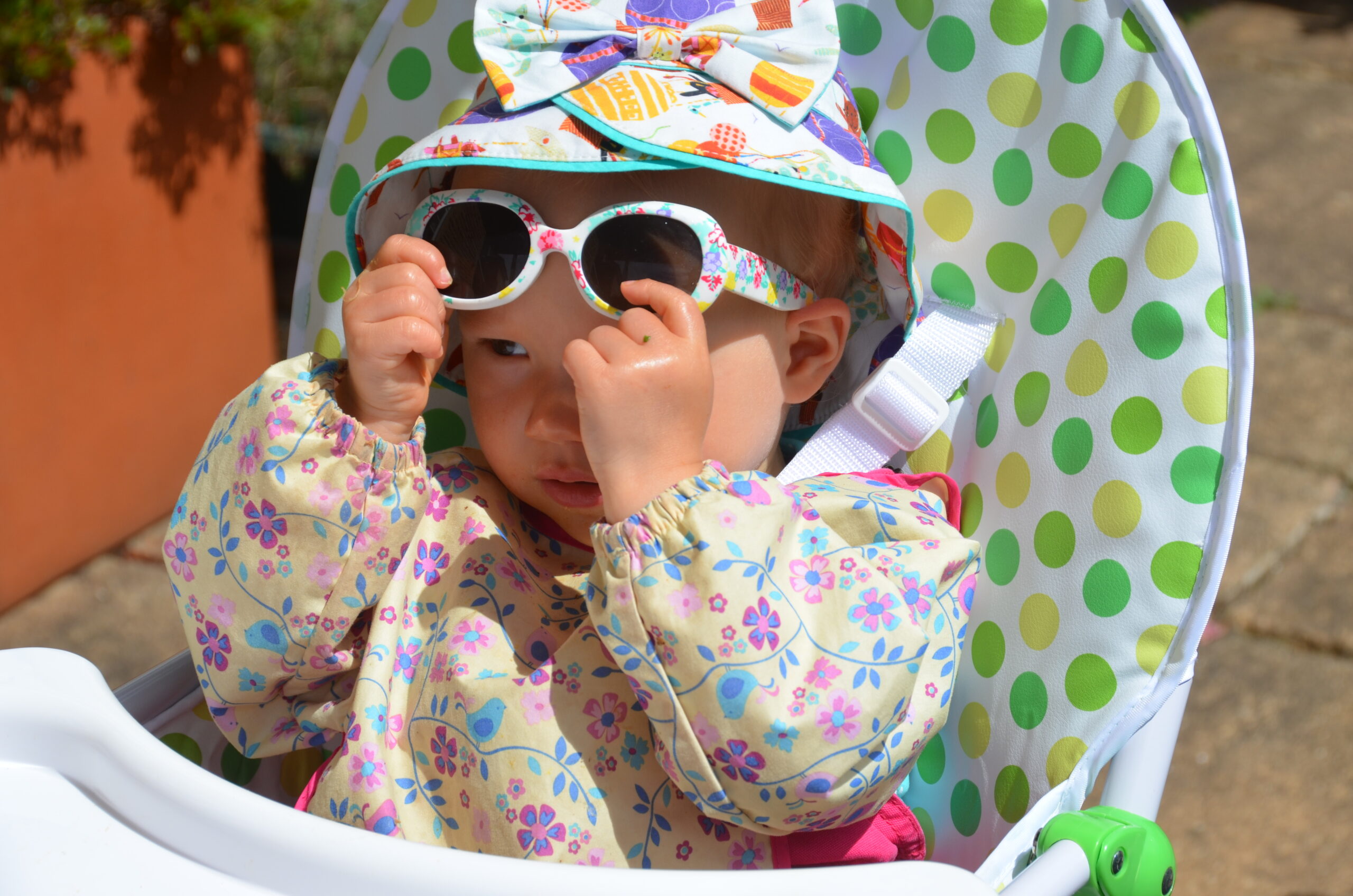
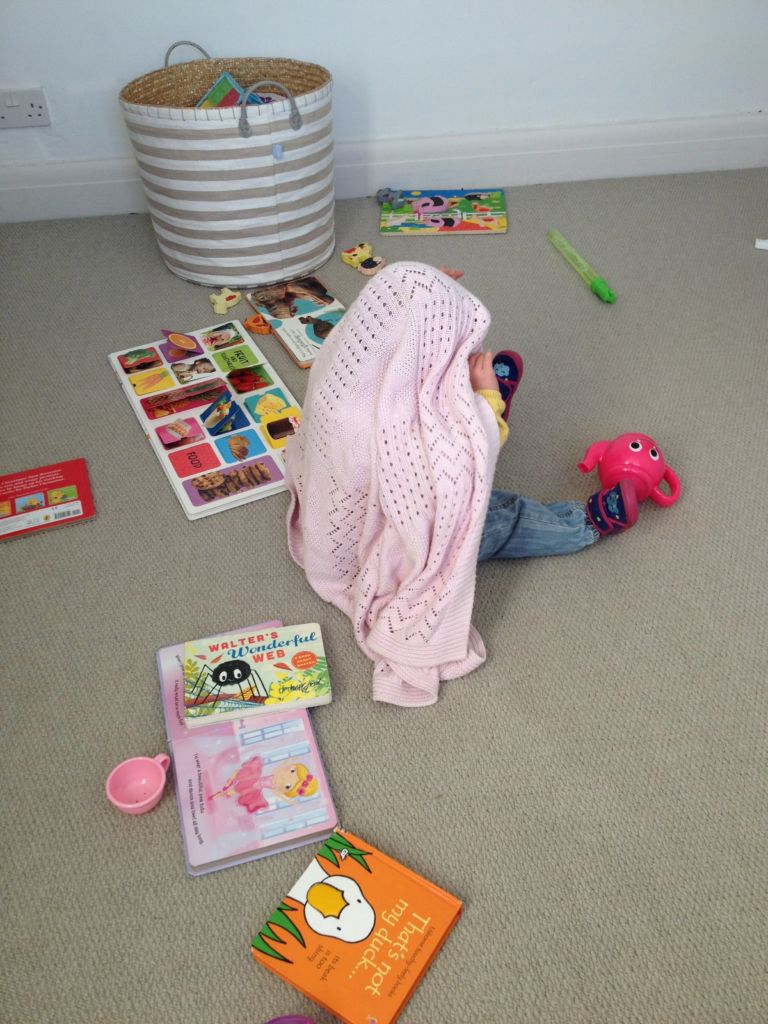
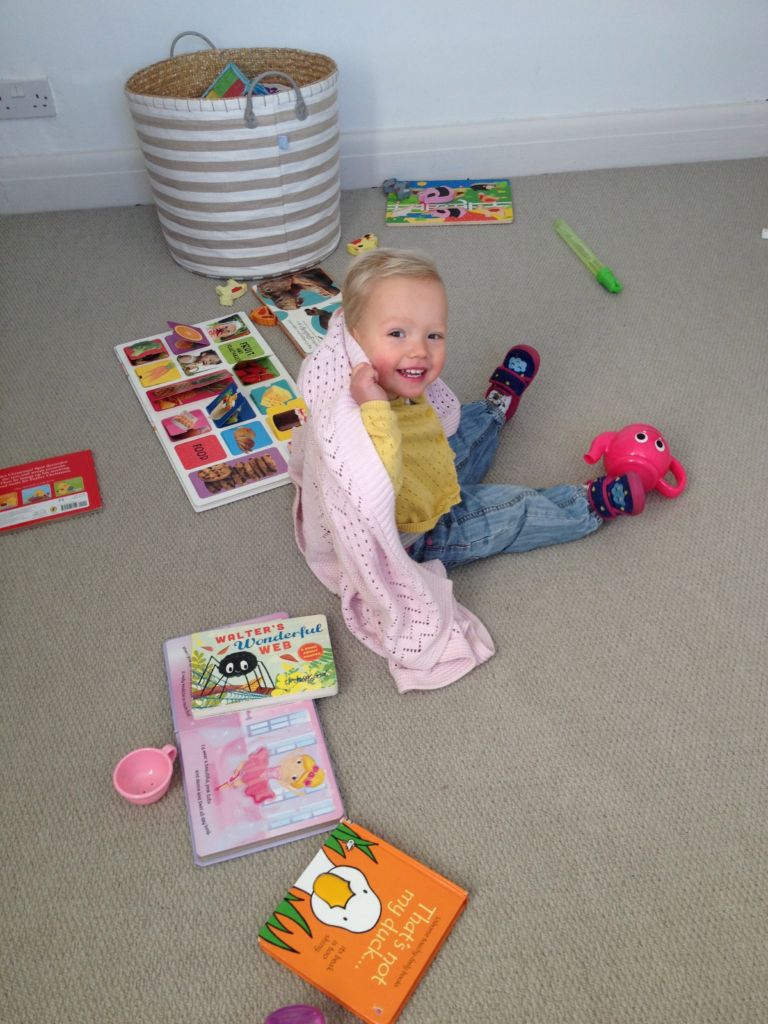
3 thoughts on “Peepo”
Beautiful blog – thanks Rachel!
I never gave much thought to that when it comes to hide and seek! Great insights!
A lovely thought
Comments are closed.